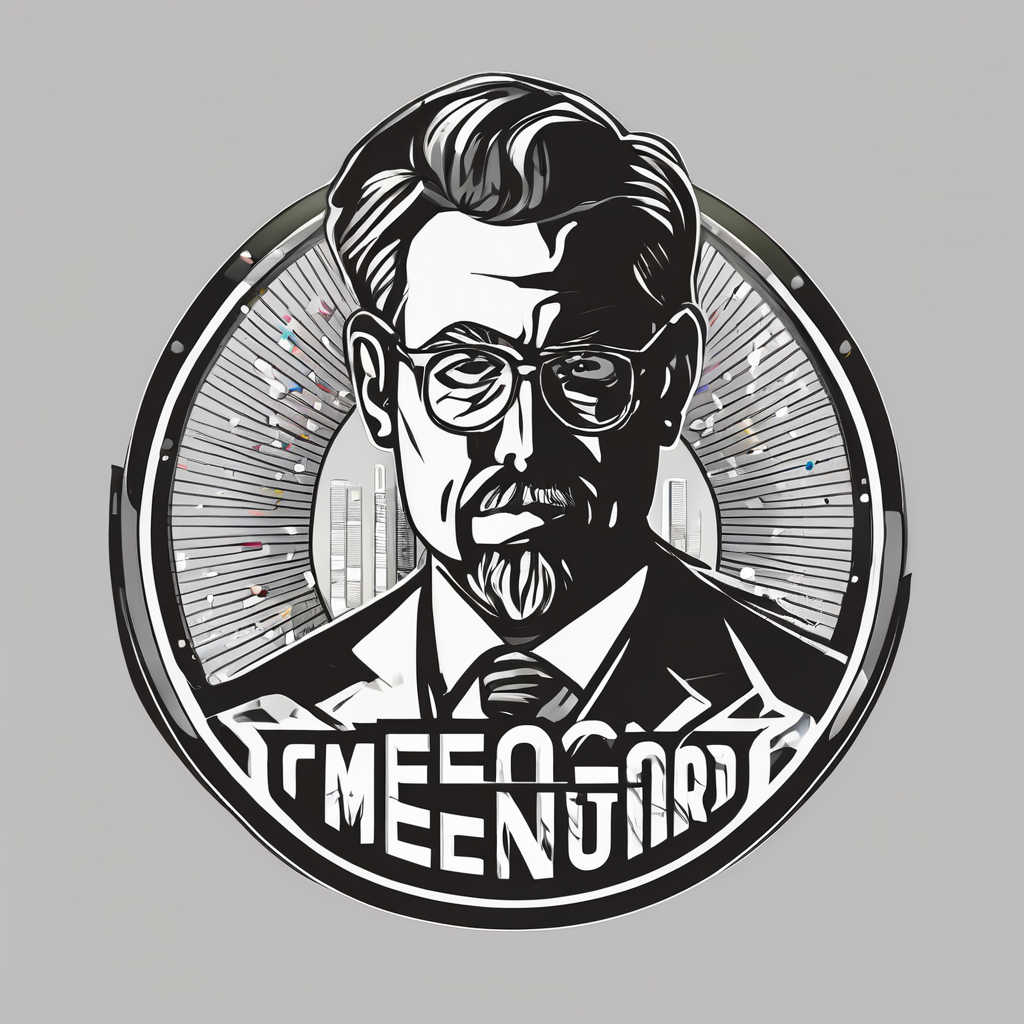RFID technology is transforming Industry 4.0 by enabling seamless integration of physical and digital systems. This innovation enhances tracking and data exchange, leading to improved efficiency in manufacturing and logistics. Explore the tangible benefits, practical applications, and future possibilities of RFID as businesses unlock new growth opportunities. Discover how this technology is not just a trend, but a foundational element paving the way for smarter industrial solutions.
The Role of RFID in Industry 4.0
Within the industry 4.0 landscape, RFID technology plays a pivotal role by automating processes and enabling real-time data collection. It enhances the precision of identifying and tracking assets, which is vital for maintaining efficient production lines. In smart factories, RFID systems facilitate seamless integration with existing infrastructure, allowing for accurate tracking and traceability of materials throughout the production cycle. This automation not only streamlines operations but also leads to substantial reductions in human error, thereby improving overall production efficiency.
Also to discover : Essential solutions for efficient oil pipeline operations
Benefits of RFID in Manufacturing
RFID technology drives significant benefits in manufacturing, fundamentally transforming how processes are managed. By providing reliable and near-instantaneous data, it aids in optimizing inventory levels and managing supply chains with unparalleled accuracy. This real-time data facilitates better decision-making, enabling companies to swiftly adapt to changing demands. Additionally, RFID enhances traceability, ensuring compliance and quality control throughout the production and distribution phases. As a result, manufacturers can achieve cost efficiencies and boost their competitiveness in the market. These advancements underscore RFID’s crucial role in fostering innovation and operational excellence within the framework of industry 4.0.
Also to discover : What Are the Effective Ways for UK Small Businesses to Utilize Email Marketing?
Implementing RFID Solutions in Smart Factories
Overview of RFID System Design for Smart Industries
Implementing RFID technology in Industry 4.0 demands intelligent system design to meet the nuances of modern smart factories. RFID systems enhance operational efficiency by providing real-time tracking and comprehensive asset management. These systems use unique digital identities on tags, enabling precise tracking without a direct line of sight. Understanding the integration process of RFID in smart factories is fundamental. For seamless operation, RFID systems must connect directly with existing IT infrastructures using standard Ethernet protocols. This connectivity supports enhanced data exchange, vital for effective production processes.
Case Studies of Successful RFID Implementation
Successful RFID adoption is illustrated across various industries. For example, Amazon utilizes RFID to improve inventory management and supply chain efficiency in its AmazonFresh shops. Such implementations exhibit how RFID can significantly optimize inventory systems, reducing errors and boosting productivity. By transforming traditional operations with RFID solutions for supply chain management, companies achieve increased accuracy and operational adaptability.
Challenges and Solutions in RFID Technology Adoption
Despite its benefits, RFID adoption faces challenges like cost barriers and interoperability. Solutions include refining RFID system designs to cater to specific industrial needs and investing in workforce training. By focusing on robust implementation strategies and advancing interoperability with existing systems, industries can overcome these obstacles, fully embracing the potential of RFID in the Industry 4.0 framework.
Impact of RFID on Business Processes
Real-Time Tracking and Its Benefits
RFID technology revolutionizes the way businesses manage and track assets. By enabling real-time tracking, companies can accurately locate and identify items without needing a direct line of sight. This capability not only reduces manual checks but significantly enhances inventory management. With RFID, businesses can swiftly identify discrepancies, minimizing potential losses and ensuring optimal stock levels, thus driving production efficiency.
Automation and RFID Technology
The integration of RFID with automation transforms traditional operations into highly efficient, automated processes. In manufacturing, RFID tags communicate with machines, facilitating seamless data exchange. This synergy leads to diminished human errors and optimized workflows, allowing employees to focus on strategic tasks. Moreover, with RFID, machines autonomously track the use of tools and materials, ensuring smooth production line operations and automatic reordering when supplies deplete.
Cost Implications and ROI of RFID Implementation
Implementing RFID offers substantial long-term benefits despite initial investment costs. The technology reduces operational costs through enhanced efficiency and minimizes downtime with predictive maintenance. Furthermore, the rapid return on investment (ROI) is often realized as businesses save on labor costs and mitigate losses due to errors or theft. This technology not only streams operations but also strengthens supply chain visibility, promoting overall business growth.
Future Trends of RFID in Industry 4.0
The Role of AI and Big Data in Enhancing RFID Capabilities
Incorporating AI and Big Data with RFID technology is set to revolutionize data management and decision-making. The ability to process enormous data volumes effectively enhances operational efficiency, enabling automated and intelligent identification of patterns. AI-driven analytics can help optimize RFID-enabled processes by anticipating maintenance needs and reducing downtime. The synergy between these technologies allows for real-time insights, further advancing Industry 4.0 initiatives.
Expected Developments in RFID Technologies
The evolution of RFID technologies promises more robust real-time tracking capabilities and improved data integration. Innovations like UHF systems and enhanced HF solutions are minimizing connectivity limitations, leading to better asset management. These advancements facilitate seamless communication within complex environments, contributing to streamlined logistics and production.
Emerging Applications of RFID in Different Sectors
RFID’s versatility continues to broaden its applications across numerous sectors. In healthcare, RFID ensures efficient inventory management and patient tracking. The logistics sector benefits from enhanced supply chain transparency, while manufacturing sees improved resource allocation through automation and RFID integration. Each application demonstrates RFID’s potential to drive substantial operational transformations and cost savings.






